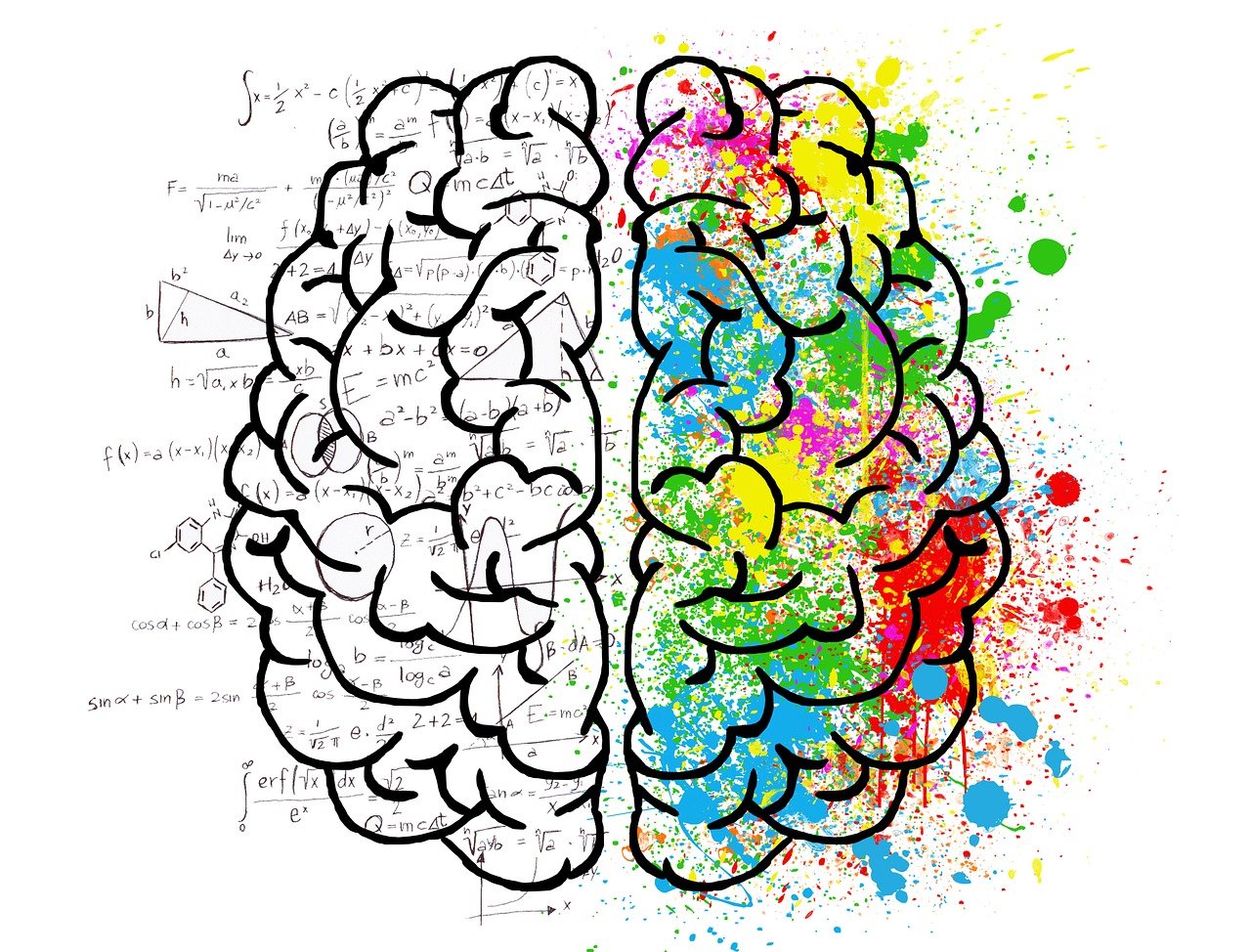Description:
Explore the framework of international legal matters, that govern the conduct of states, organizations, and individuals across borders. This article delves into the role of laws, treaties, and agreements in ensuring peaceful coexistence, resolving conflicts, and fostering global cooperation in criminal subjects in an increasingly interconnected world.
Introduction
International law-breaking criminal subjects talk over the body of laws, treaties, and agreements that govern the conduct of states, international businesses, and people across borders. These criminal subjects and laws ensure peaceful coexistence, modify conflicts, and promote cooperation on numerous international troubles. As globalization continues to bind international locations nearer, the importance of international regulation has risen extensively.
1. Evolution of global regulation
The foundation of international law for criminal subjects can be traced back to treaties, customs, and judicial choices made centuries ago. With the formation of the United Worldwide Places in 1945, a trendy era of global criminal frameworks emerged. global courts, inclusive of the worldwide court docket of Justice (ICJ) and International Crook Court docket (ICC), have played pivotal roles in shaping legal precedents globally.
2. Key regions of global regulation
Human Rights law: This vicinity ensures the protection of fundamental human rights, inclusive of civil, political, economic, and cultural rights. global agencies, including the United Nations, have adopted treaties like the Ordinary Declaration of Human Rights (1948) to guard personal rights internationally.
Environmental regulation: international environmental legal guidelines deal with international environmental troubles, along with climate trade and biodiversity loss. Agreements like the Paris settlement (2015) are critical in coordinating international efforts to reduce greenhouse fuel emissions.

exchange and investment regulation: agencies like the World Alternate Employer (WTO) adjust global alternate practices to make certain fair opposition and dispute decisions. Bilateral and multilateral investment treaties also guard traders’ rights throughout borders.
law of Armed conflict (worldwide Humanitarian regulation): This governs the conduct of states and combatants all through armed conflicts, specializing in protecting civilians and restricting pointless suffering.
3. The role of international establishments
United Countries (UN): The UN is valuable to global prison governance, managing peace and protection, human rights, and development. The Security Council plays an essential role in imposing worldwide law and criminal subjects.
Global Court of Justice (ICJ): The ICJ resolves disputes among states and presents advisory evaluations on felony questions. It guarantees that felony disputes between nations are handled peacefully.
World Change Agency (WTO): The WTO regulates worldwide trade, ensuring that trade flows easily, predictably, and freely.
4. demanding situations in enforcing global regulation
Enforcement is one of the major challenges in worldwide regulation. unlike national prison structures, which have courts and police forces to enforce rulings, global regulation largely is based on the cooperation of sovereign states. problems like country sovereignty, political pursuits, and differing felony interpretations often complicate the enforcement manner.
5. modern issues in global legal subjects
Cybersecurity: With the digital age advancing, the query of how international regulation governs cybercrimes and nation-sponsored hacking is turning into greater pressing.
Refugee disaster: international refugee legal guidelines, which include the 1951 Refugee Convention, are increasingly relevant as international migration rises because of wars, weather trade, and economic hardships.
Conclusion
Global law-breaking matters are crucial in preserving international peace, safety, and cooperation. despite the demanding situations in enforcement, these legal guidelines foster an experience of duty and fairness among international locations. As the arena faces evolving threats like cybercrime and climate alternate, international law will continue to evolve and play a pivotal position in addressing those worldwide challenges.



